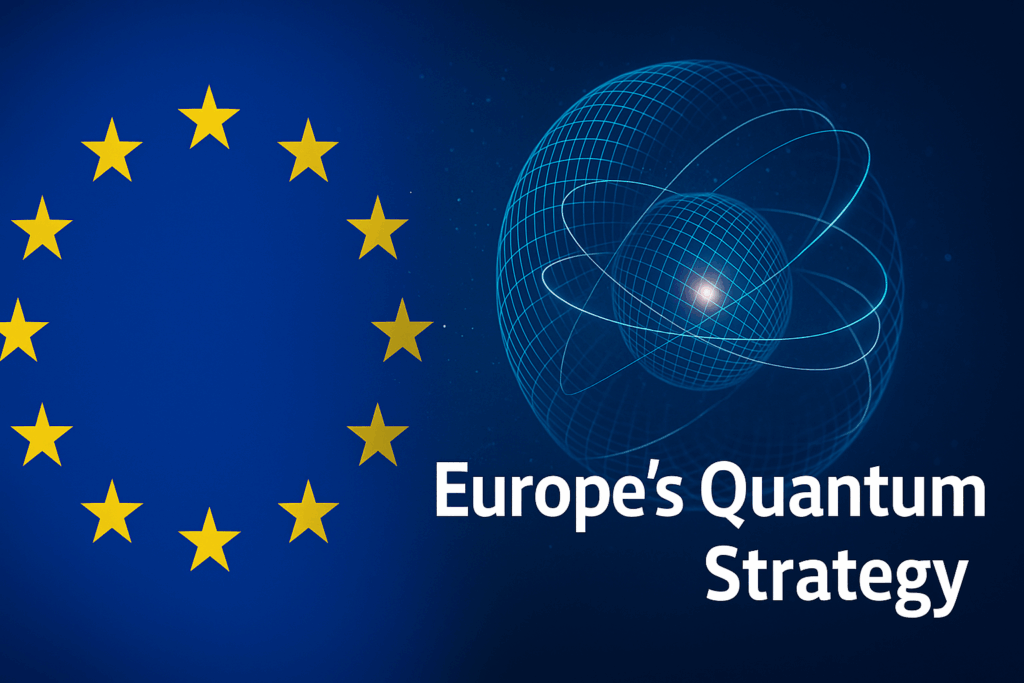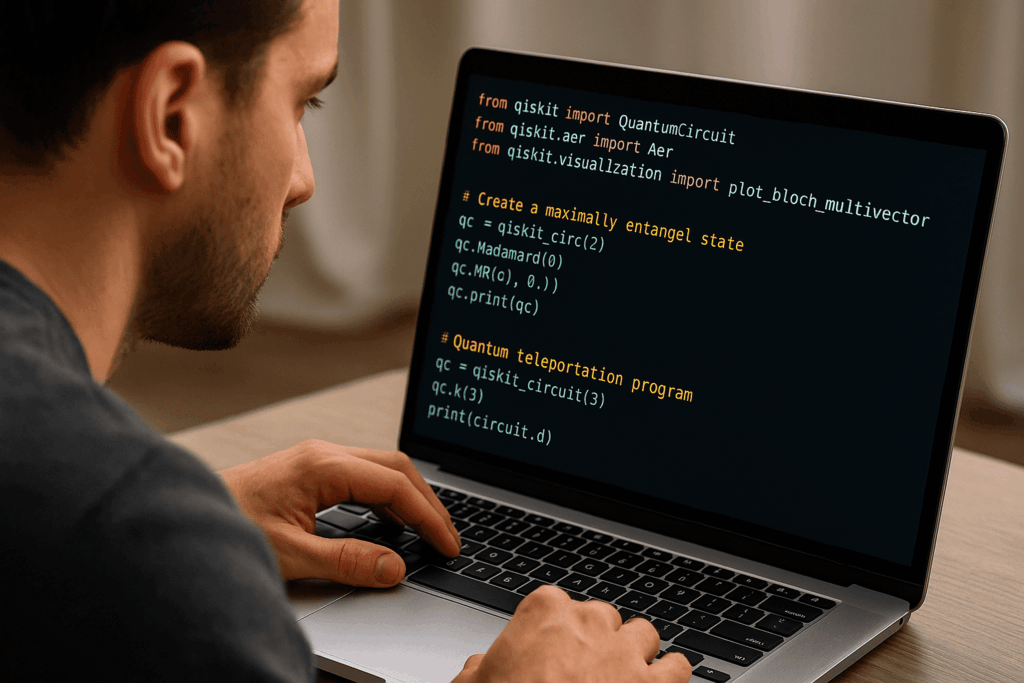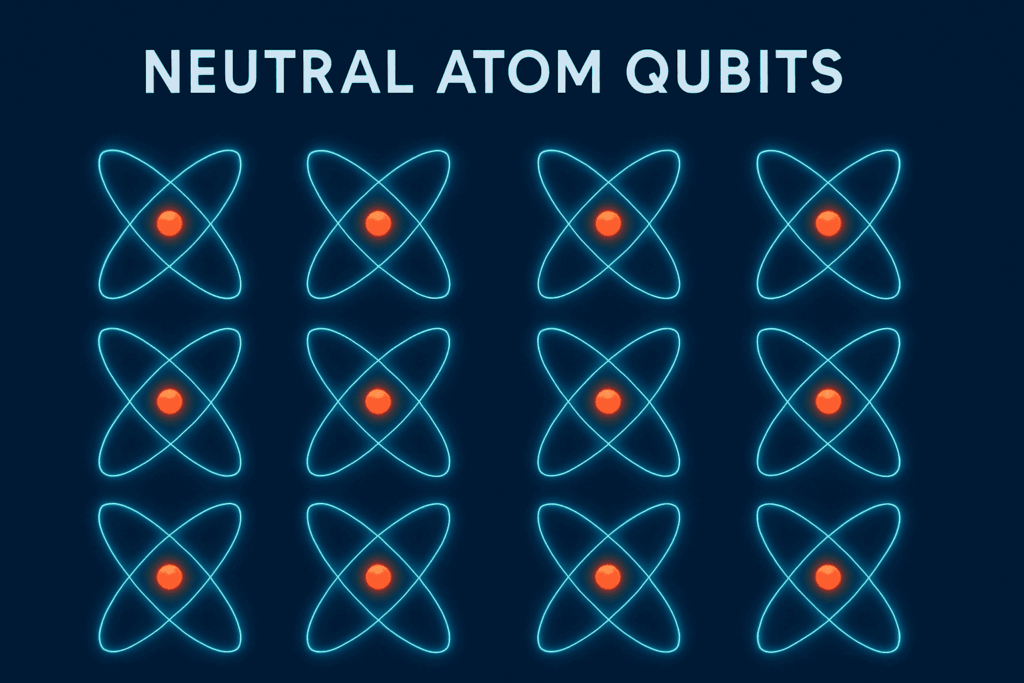
Qu&Co, a leading European quantum computational software developer, has signed a collaboration agreement with Airbus for research, development and testing of quantum computational methods for flight physics simulations relevant for the European aerospace and defence sector.
The collaboration follows the recent publication by Qu&Co together with its research partner the University of Exeter (UK), of novel quantum computational methods for solving nonlinear differential equations, which in time could provide quantum advantages for solving multiphysics problems like those related to fluid dynamics.
Flight physics, the broad denomination of all scientific and engineering aspects related to the flight of aircraft, encompasses many computationally difficult problems including problems, which are governed by complex differential equations.
“We are excited that Airbus recognized the relevance of our quantum computational algorithms and is willing to support our research efforts in this field,” said Dr. Vincent Elfving, CTO at Qu&Co. “Airbus is a central player in the European aerospace and defense sector, and we would be honoured if, in time, our methods could make a significant contribution to the long-term technological sovereignty and competitiveness of this important European industry.”

About Qu & Co
Qu&Co is a quantum computational software company founded in 2017 in Amsterdam, the Netherlands. Its software will empower corporate researchers to run complex chemistry and multiphysics simulations on future quantum processors with unprecedented accuracy and speed. Qu&Co’s SaaS quantum solutions include unique and patented quantum algorithms and are distributed as backend integrations to leading conventional software packages. Qu&Co clients include corporate researchers from a range of large multinationals, and it has partnerships with US and European quantum hardware players and R&D collaborations with leading universities from around the world. For more information visit www.quandco.com.
Source: Qu&Co
For more market insights, check out our latest quantum computing news here.

















